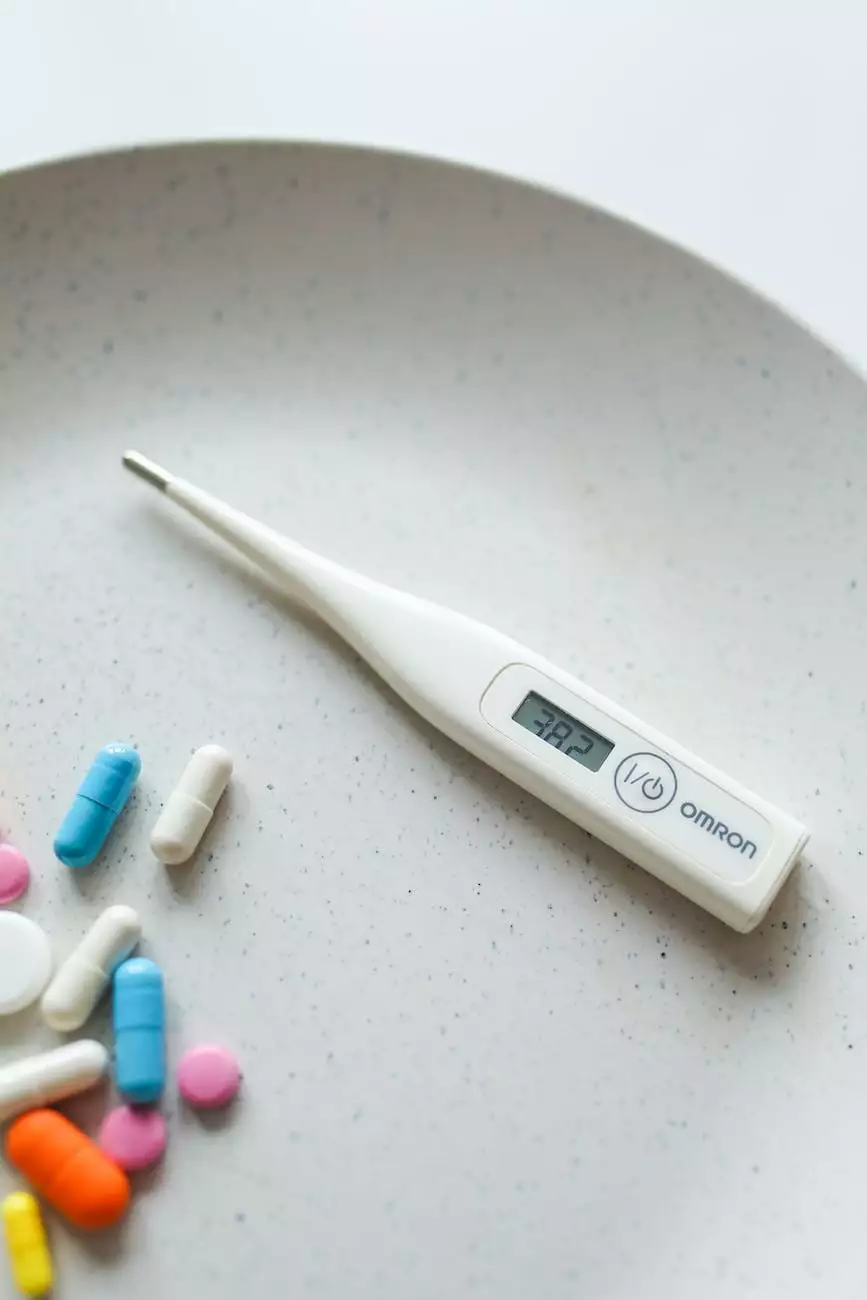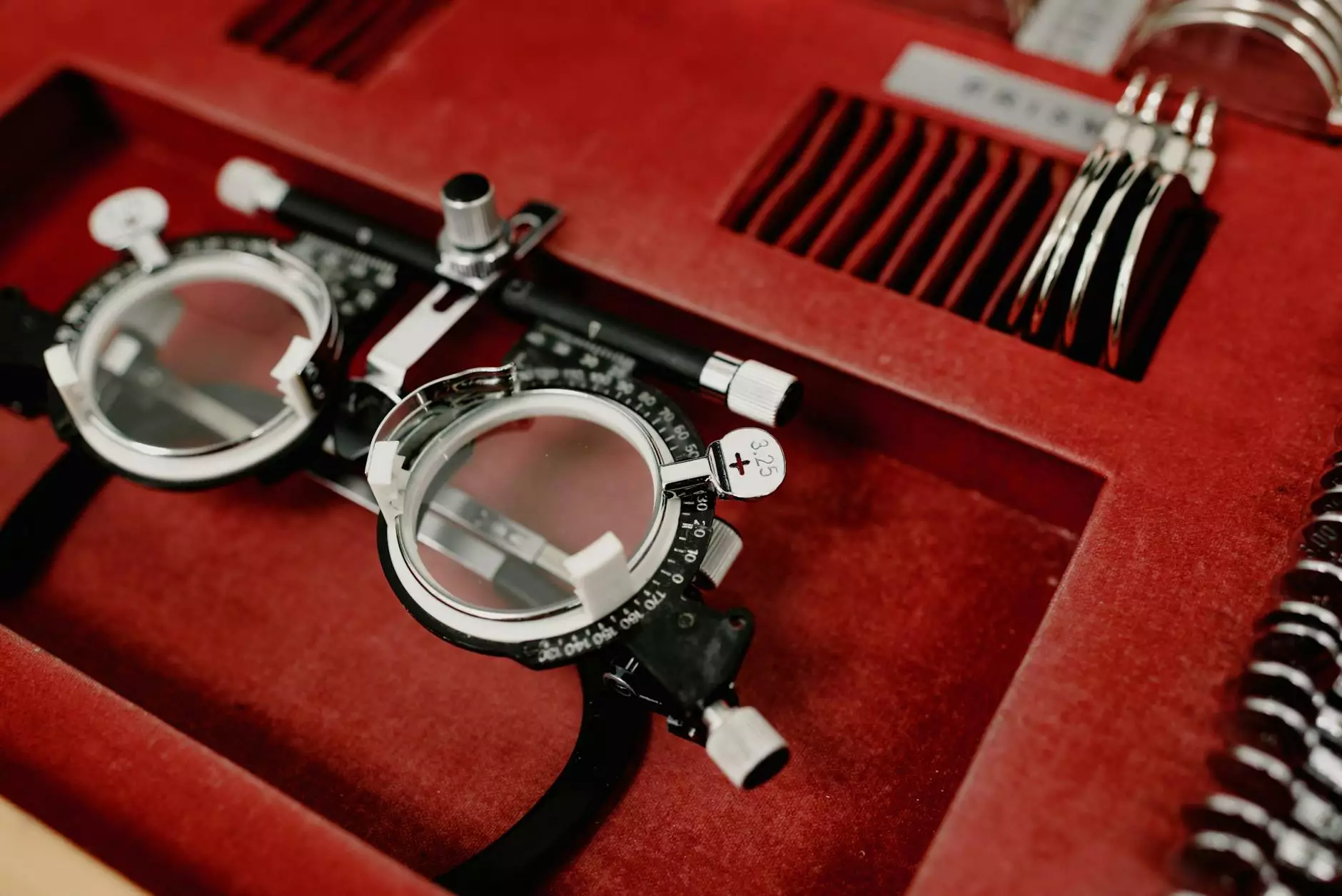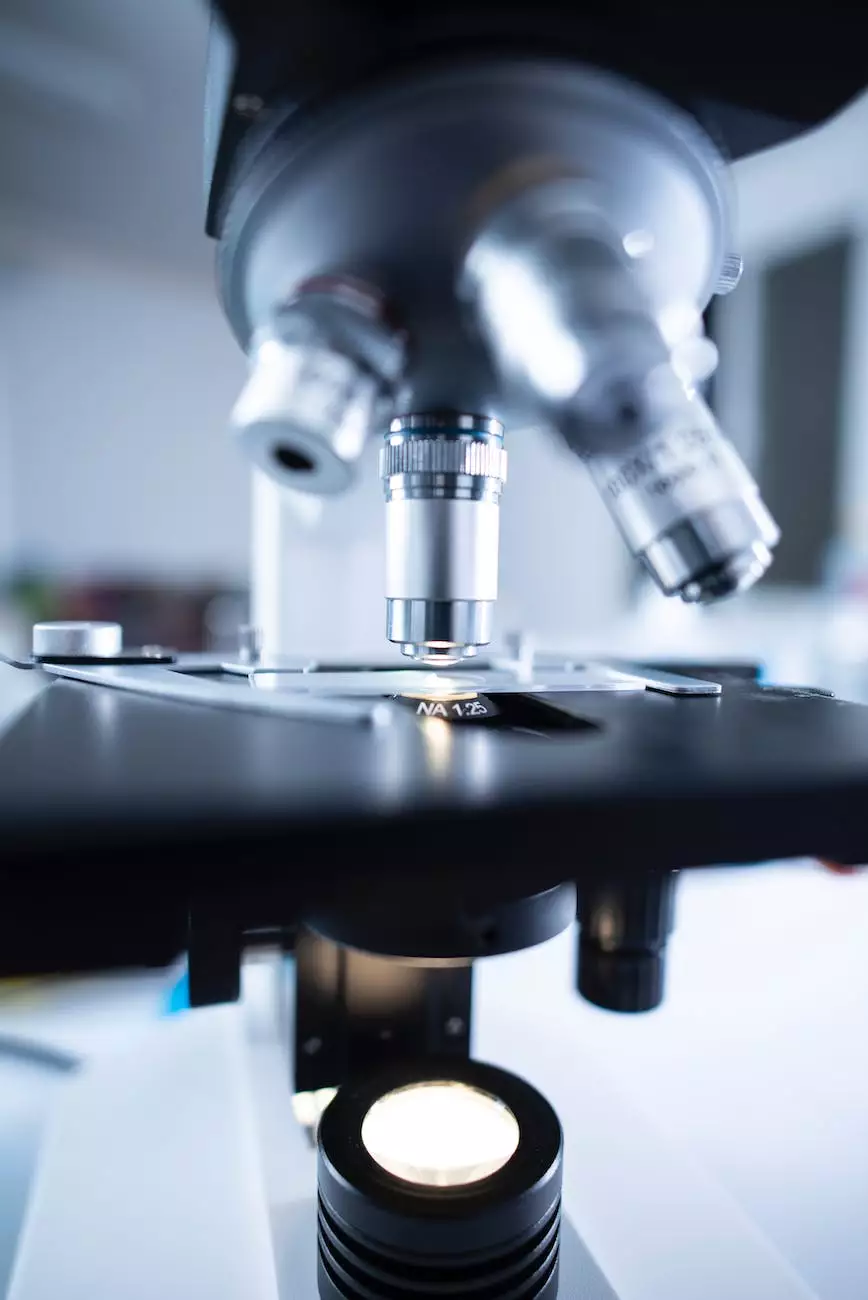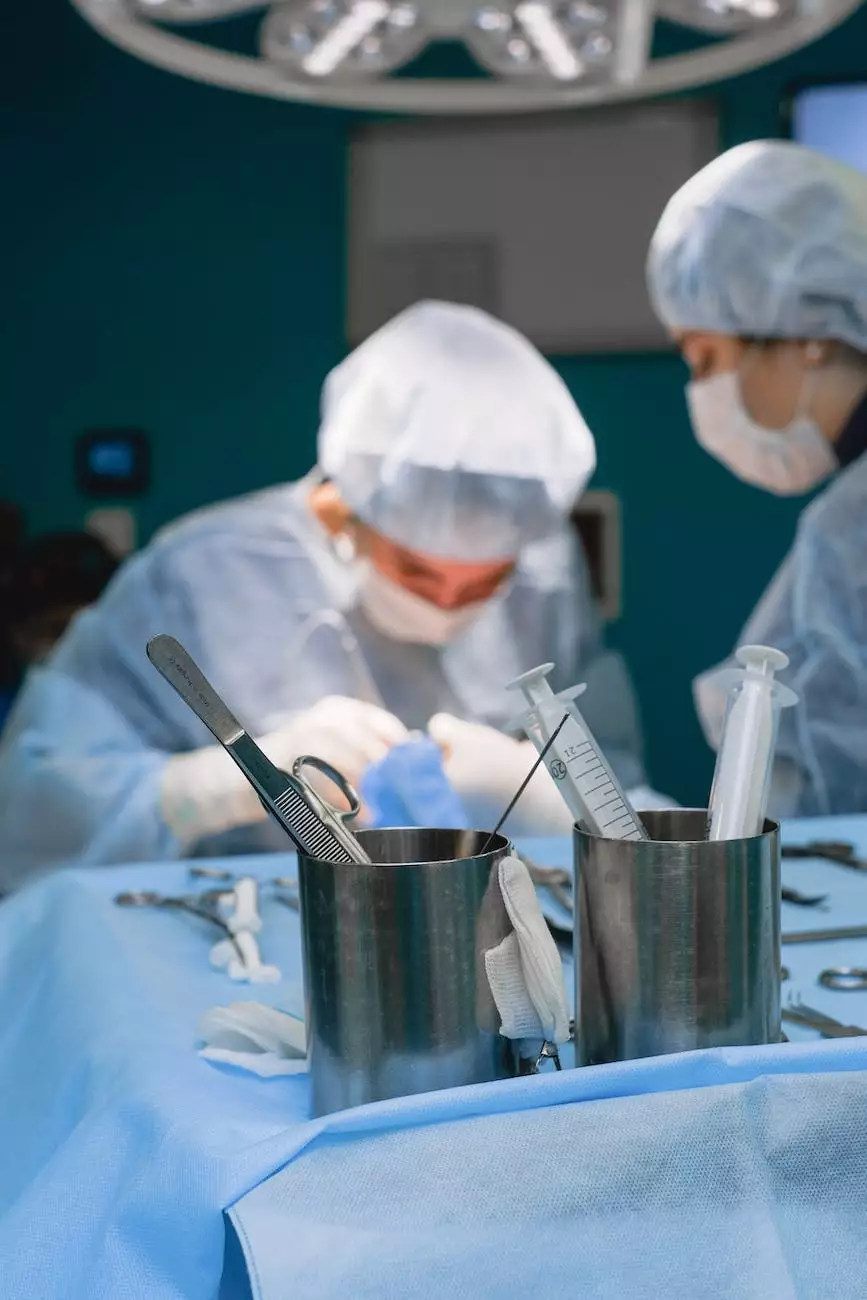Auto Immune Disease Stem Cells Transplant
Health
Introduction
At MUIR DIABLO OCCUPATIONAL MEDICINE, we understand that autoimmune diseases can greatly impact your quality of life. One such autoimmune disease is scleroderma, which affects the skin, blood vessels, and organs. We are committed to providing the best possible treatments for autoimmune diseases, and in recent years, stem cell transplantation has gained attention as a potential therapeutic option.
Understanding Autoimmune Diseases
Autoimmune diseases occur when the immune system mistakenly attacks healthy cells, tissues, or organs in the body. In the case of scleroderma, the immune system attacks the connective tissues, resulting in fibrosis and thickening of the skin, blood vessels, and internal organs.
Other common autoimmune diseases include rheumatoid arthritis, lupus, multiple sclerosis, and Crohn's disease. These conditions can cause significant pain, disability, and decreased quality of life for those affected.
What is Stem Cell Transplantation?
Stem cell transplantation, also known as hematopoietic stem cell transplantation (HSCT), involves the infusion of healthy stem cells into the body to replace damaged or malfunctioning cells. These stem cells can be obtained from the patient's own body (autologous transplantation) or from a matched donor (allogeneic transplantation).
In the case of autoimmune diseases, the goal of stem cell transplantation is to reset or suppress the malfunctioning immune system, allowing new, healthy cells to take its place. This process can potentially halt the progression of the disease and improve symptoms.
Benefits of Stem Cell Transplantation for Autoimmune Diseases
Stem cell transplantation offers several potential benefits for individuals with autoimmune diseases like scleroderma:
- Improved Disease Control: Stem cell transplantation can help control and reduce the symptoms associated with autoimmune diseases. By resetting the immune system, the progression of the disease can be slowed or halted, leading to improved quality of life.
- Potential Remission: In some cases, stem cell transplantation has resulted in disease remission, where symptoms decrease or disappear completely. This can offer long-term relief and a chance to regain normalcy.
- Reduced Reliance on Medications: Many autoimmune diseases require long-term medication use to manage symptoms and slow disease progression. Stem cell transplantation can potentially reduce the need for these medications or allow for lower doses, minimizing potential side effects.
- Restoration of Organ Function: Autoimmune diseases can cause damage to internal organs. Stem cell transplantation has shown promise in repairing and regenerating damaged tissues, potentially restoring organ function and improving overall health.
The Stem Cell Transplantation Process
The process of stem cell transplantation for autoimmune diseases typically involves several stages:
- Preparation: Before the transplantation, patients undergo a thorough evaluation to assess their eligibility for the procedure. This may include medical tests, imaging studies, and consultations with various specialists.
- Stem Cell Collection: The stem cells for transplantation are either collected from the patient's own body or obtained from a matched donor. In autologous transplantation, stem cells are usually collected from the bone marrow or peripheral blood. In allogeneic transplantation, the donor's stem cells are collected through a similar process.
- Conditioning: Conditioning refers to the use of chemotherapy and/or radiation therapy to eliminate or suppress the patient's existing immune system. This is necessary to create space for the newly transplanted stem cells and reduce the risk of rejection.
- Transplantation: The harvested stem cells are infused into the patient's body through a vein, similar to a blood transfusion. The cells then migrate to the bone marrow, where they colonize and begin producing new, healthy cells.
- Recovery and Monitoring: After the transplantation, patients require close monitoring and medical care to manage potential side effects, complications, and ensure the success of the procedure. Regular follow-up visits and tests are scheduled to evaluate the progress and adjust the treatment plan if necessary.
Conclusion
Stem cell transplantation holds promise as a potential treatment option for individuals with autoimmune diseases like scleroderma. The procedure offers the potential to control symptoms, achieve remission, reduce reliance on medications, and restore organ function. At MUIR DIABLO OCCUPATIONAL MEDICINE, we are dedicated to providing comprehensive care for individuals seeking stem cell transplantation for autoimmune diseases. Contact us today to learn more about our services and how we can help you.










